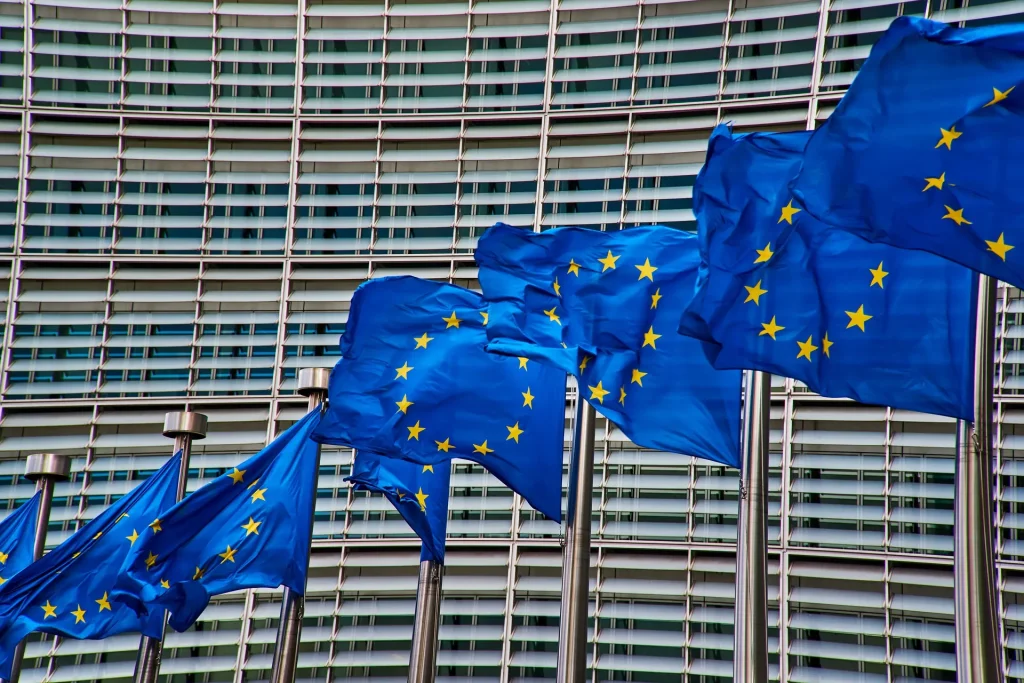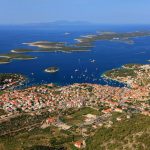As Ana Blaskovic/Poslovni Dnevnik writes, despite announcements from the government that it intended to get it sent out by the end of February, this Croatian EC request still hasn’t been submitted. This cash would be paid out by the European Commission (EC) from the National Recovery and Resilience Plan.
This Croatian EC request should finally be submitted over the next few weeks, when some more technical details are polished up, but there are no major objections to be heard in regard to the first set of measures, as has since been learned from several informed sources.
The main precondition for the first Croatian EC request, a document that a member state can request the first payment of that sum with, was that the National Operational Arrangement had to be signed in early February. In essence, it is an accompanying technical document which elaborates in detail the key stages, timeline and values of these individual planned measures.
In the first transitional period, Croatia undertook to complete a set of 31 reform measures and 3 investments, the successful implementation of which depends on each subsequent injection into the budget, following last year’s advance.
The advance of 818 million euros, or 13 percent of the approved plan, is the only unconditional payment, and Croatia received it back at the end of September 2021. When it submits this new EC request, the European Commission should pay the money out in the next four months.
Transparency is imperative
Those familiar with the process close to the European Commission say that the details will be ironed out in the next few weeks, but that there are no major objections as yet. When asked, however, whether it means that they’re satisfied with what has been presented, they’re refraining from going so far as to say a resounding ”yes”. Among the details the European Commission insisted on was adapting the country’s IT system.
Its base is the existing platform of EU funds, but a much higher level of transparency was required from Brussels. For example, that the name of the end user of the money can be found in the system in order to prevent potential conflicts of interest over time. Solutions in this direction are of crucial interest to the Croatian public, as the National Recovery and Resilience Plan is worth 47.5 billion kuna in total and is, at least relatively speaking, the largest in the European Union (EU).
The chance of a ”less than transparent” way of spending this sum of money will be challenging for all member states, the Commission assures, and not only for Croatia, which is at the very bottom of the European Union in terms of corruption indicators and poorly functioning state institutions. Interlocutors also pointed out that this isn’t an issue that only the European Commission insists on, but that it is also in the focus of the European Parliament.
Regular consultations on the Zagreb-Brussels route on the Recovery and Resilience Plan, which should bring with it several substantial reforms, already have some difficult topics on the agenda, such as the reorganisation of the healthcare system and greater efficiency of the judiciary.
Some details of the proposed healthcare reform, specifically the functional merging of hospitals and the transfer of authority over them to the national level, have already resulted in strong resistance at the local level.
Signals from Brussels make it clear that this is an issue that will be insisted on, arguing that there is no alternative to improving access to and efficiency of the Croatian healthcare system, cutting waiting lists, and also cutting costs such as unifying the (now dispersed) public procurement process.
The same goes for the integration of local water companies; the reform of the water utility system envisages cutting their number from 200 all the way down to a much less 43. This idea has also angered local leaders, but more than 5 billion kuna in investment totally depends on it.
Finally, Russia’s invasion of Ukraine raised questions about whether the European Commission would give in and give member states a little bit of room for maneuver in order to redirect some of that money to mitigate the indirect damage from the war. The answer to that question, at least at this point, is no. The national plans set out the necessary reforms to strengthen the resilience of economies to the specific recommendations for each member state.
For more information on this Croatian EC request and much more, check out our politics section.










